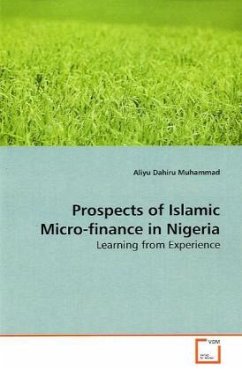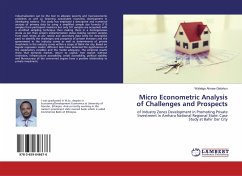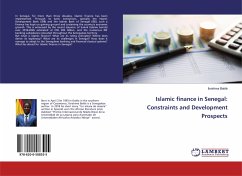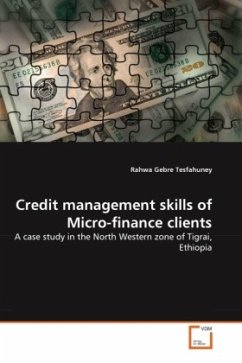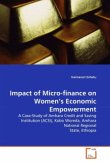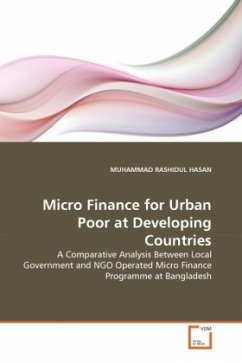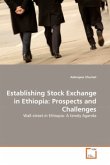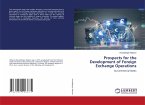Poverty has long been among the most difficult
problems, especially in the developing countries.
Of late, microfinance emerged as an important
instrument to mitigate poverty. Today there are more
than 7000 micro lending organizations providing
loans to more than 25 million poor individuals
across the world.However, these institutions face
many challenges on way to success. The existing
microfinance in Nigeria serves less than 1 million
people out of 40 million needing the service. The
aggregate micro credit facilities in Nigeria,account
for about 0.2 percent of GDP and less than 1 percent
of total credit in the economy. We have documented
that conventional microfinance institutions charge
very high interest rate on loans they grant but pay
much lower rates for saving deposits. This
aggravates the existing inequitable distribution of
wealth and income in Nigeria. Nigeria being a
country with a sizeable Muslim majority has bright
chances to impact poverty through Islamic
microfinance. This book proposes an Islamic version
of microfinance in the country.The book is useful
for academicians and practitioners working on poverty
and microfinance.
problems, especially in the developing countries.
Of late, microfinance emerged as an important
instrument to mitigate poverty. Today there are more
than 7000 micro lending organizations providing
loans to more than 25 million poor individuals
across the world.However, these institutions face
many challenges on way to success. The existing
microfinance in Nigeria serves less than 1 million
people out of 40 million needing the service. The
aggregate micro credit facilities in Nigeria,account
for about 0.2 percent of GDP and less than 1 percent
of total credit in the economy. We have documented
that conventional microfinance institutions charge
very high interest rate on loans they grant but pay
much lower rates for saving deposits. This
aggravates the existing inequitable distribution of
wealth and income in Nigeria. Nigeria being a
country with a sizeable Muslim majority has bright
chances to impact poverty through Islamic
microfinance. This book proposes an Islamic version
of microfinance in the country.The book is useful
for academicians and practitioners working on poverty
and microfinance.

